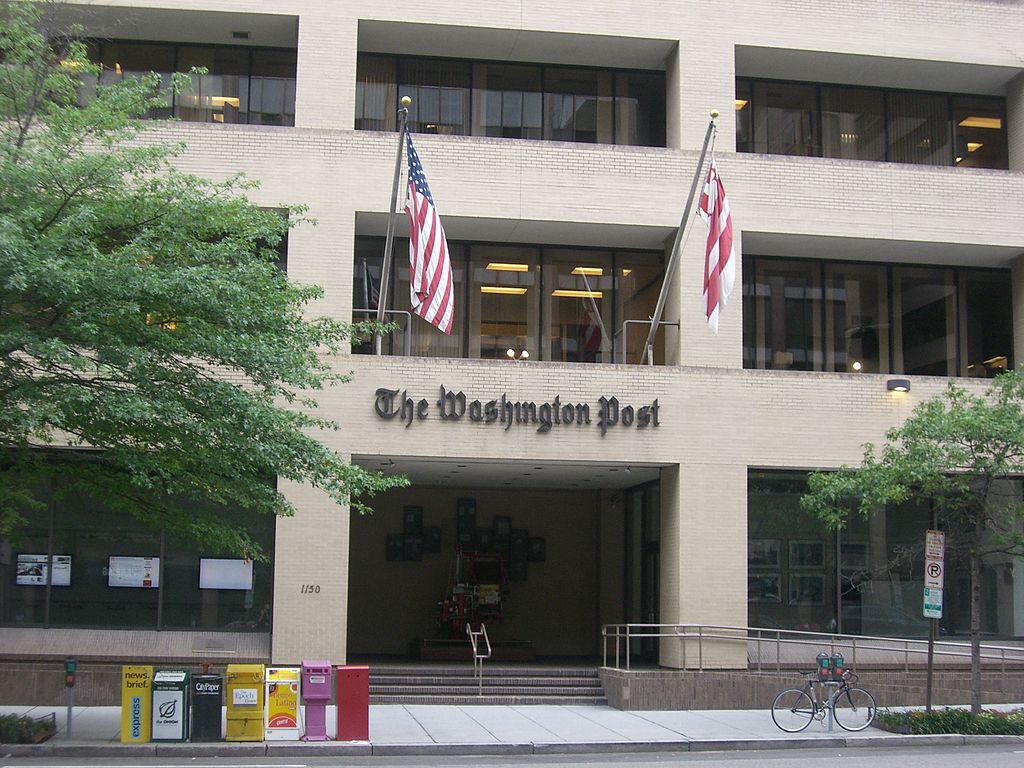
The Wuhan coronavirus (COVID-19) has now infected over 5.6 million people worldwide, according to data from Johns Hopkins University. As experts continue to study the contagion, some have suggested that there is more than one strain of the coronavirus. They believe that these mutations have greatly altered how infectious and deadly the virus is.
Since the emergence of SARS-CoV-2, the pathogen behind COVID-19, researchers have looked into the virus's genetic material and found variations in its genetic sequence. These mutations have raised questions about whether they influence how easily the coronavirus infects target cells and if they can increase a person's likelihood of dying from COVID-19.
Looking for answers
According to virus experts, SARS-CoV-2 is an enveloped RNA virus -- that is, a type of virus with an outer wrapping (that comes from an infected cell) and whose genetic material is encoded in single-stranded RNA. Enveloped viruses make their own replication machinery inside their host cells.
RNA viruses are known for having high mutation rates, as their enzymes are more prone to errors during the replication process.
According to Jonathan Stoye, a virologist at the Francis Crick Institute in London: “A mutation is a change in a genetic sequence. The fact of a mutational change is not of primary importance, but the functional consequences are.”
An example of this consequence is how mutations can change the efficacy of a drug or an antibody by altering its target. A single change in viral protein, added Stoye, can be advantageous for the virus.
“However, it should be stressed that only a fraction [of] all mutations will be advantageous; most will be neutral or harmful to the virus and will not persist,” Stoye said.
Scientists have made strides in identifying SARS-CoV-2 mutations. Recently, a team from Arizona State University looked at nasal swabs that tested positive for the coronavirus and found that one had a deletion, meaning part of the viral genome was missing. The researchers said that the mutation lowered the virus's ability to replicate.
In another study, which appeared in the Journal of Translational Medicine, scientists from the University of Maryland and the Italian biotech company Ulisse Biomed found eight recurrent mutations in over 200 COVID-19 patient samples.
Made to adapt
According to Stoye, these findings aren't really surprising, especially since viruses are designed to adapt to their hosts.
“Random mutations will occur, and the most fit viruses will come to predominate,” he added. “It does not seem surprising that SARS-CoV-2 is evolving following its jump to, and spread through, the human population.”
But what's unclear at this point, he says, is how mutations will affect the behavior of SARS-CoV-2 in the long run, since it can go both ways. While it's possible that the virus can mutate to the point where it can resist all treatments, it's equally likely for it to evolve to a less harmful version, similar to seasonal coronaviruses. (Related: CONFIRMED: Coronavirus vaccines will contain aborted human babies.)
"[It's] more a case of semantics rather than anything else [at the moment],” he remarked.
With the appearance of mutated versions of the coronavirus, researchers are faced with the unenviable task of dealing with each strain. But Stoye says that reclassifying the different isolates will only make sense when there's better understanding of the impact of these mutations.
“At that point, we can seek to correlate sequence variation with prognostic or therapeutic implications. This may take a number of years,” he added.
Despite the coronavirus continuing to baffle experts the world over, the search for answers to the mysteries that surround this deadly contagion continues. It's only a matter of time before scientists can fully survey the impact of SARS-CoV-2 mutations not just on the coronavirus pandemic, but also on the future of humanity.
Pandemic.news has more on the ongoing coronavirus outbreak.
Sources include:
Please contact us for more information.





















